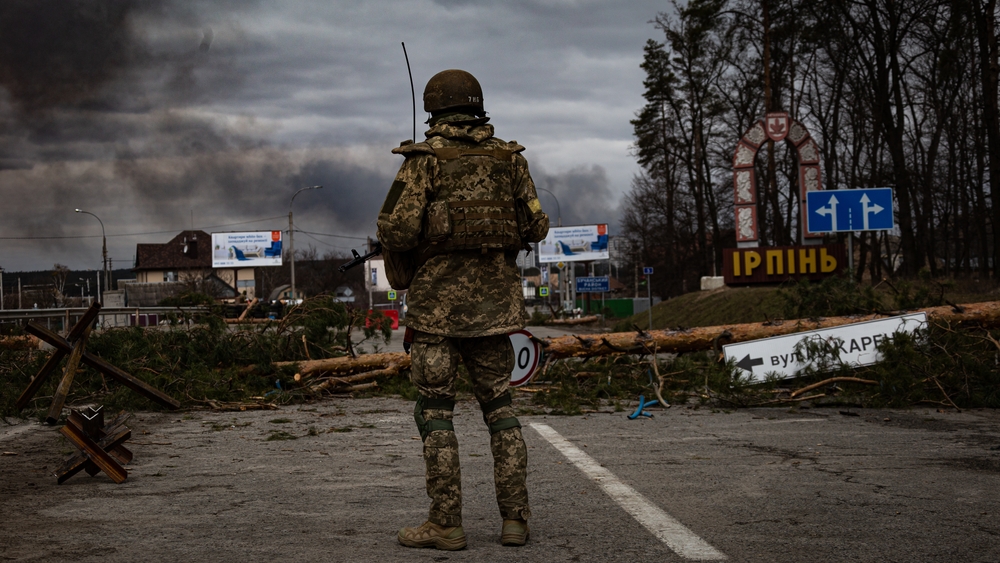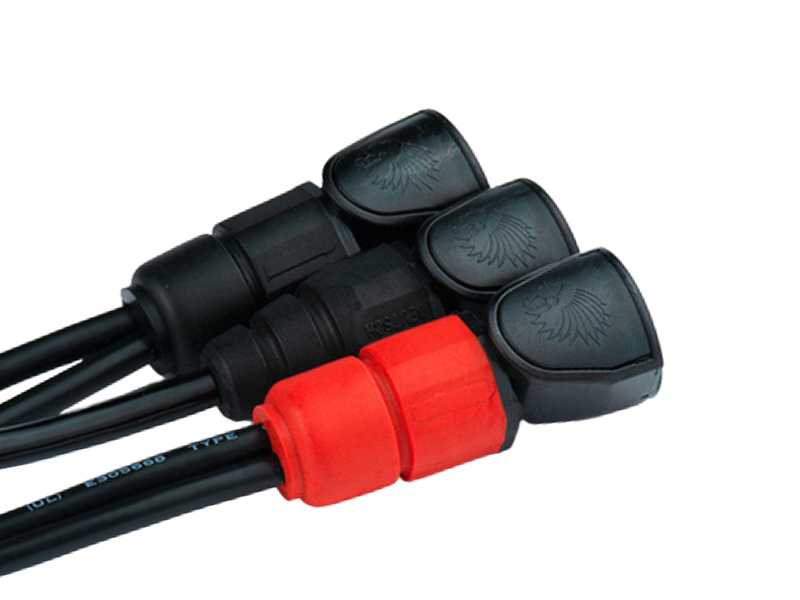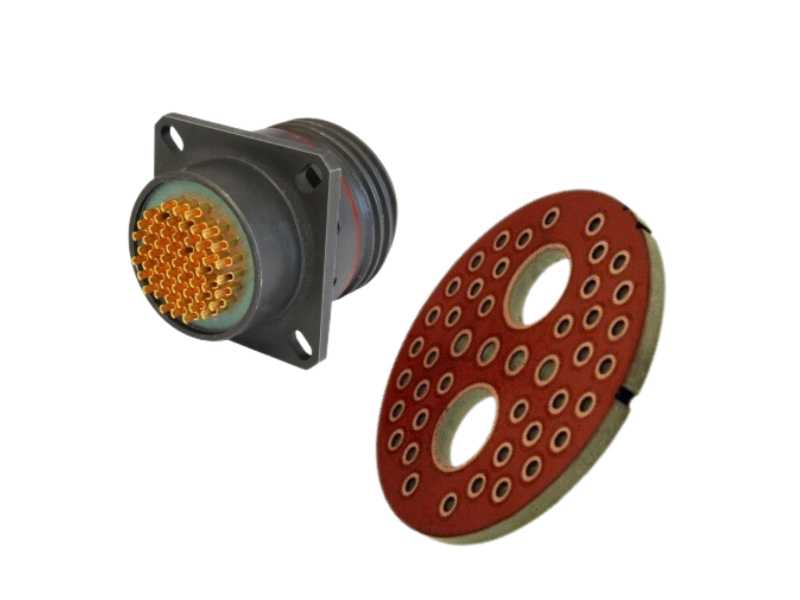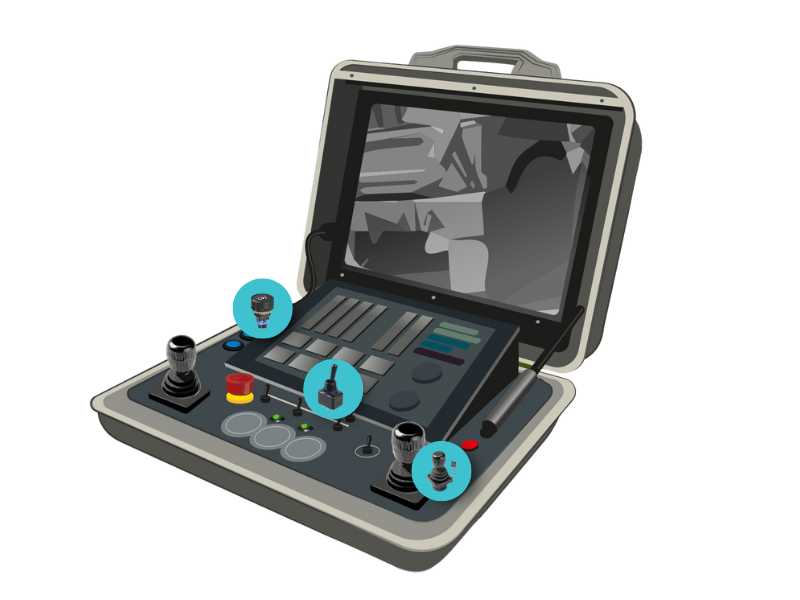Russia’s arms industry, currently operating at full tilt to meet ‘wartime’ demands, faces a critical shortage of skilled workers and high-tech components, claims this article in Defense News, throwing a wrench into the Kremlin’s narrative of a thriving defence sector, and highlighting potential limitations on Russia’s long-term military capabilities.
The industry is projected to face a deficit of 400,000 workers shortly, exacerbated by an ageing population and limited recruitment incentives. Sanctions have further complicated matters, squeezing access to advanced Western technology and forcing Russia to rely on inferior Chinese alternatives or engage in “grey market” schemes to circumvent restrictions.0
Labour Woes Hamper Production:
- Ageing Workforce: Russia’s demographic crisis, with a shrinking pool of young people, creates a significant hurdle in filling vacant positions.
- Limited Incentives: After attracting most readily available personnel in 2022-23 with increased salaries, the industry struggles to find new recruits in a low-unemployment environment.
- Management Challenges: The war’s pressure has exposed deficiencies in adapting to new realities, with some former defence company heads facing accusations of mismanagement and corruption.
Sanctions Bite Deep:
- Technology Gap: Western sanctions have significantly restricted access to crucial components, hindering production of advanced weapons systems.
- Chinese Substitutes Fall Short: While Russia seeks alternatives in China, the quality and capabilities of Chinese components are generally considered inferior.
- Scrounging for Parts: The industry is resorting to stockpiling readily available, but outdated, components, potentially compromising the performance and reliability of new equipment.
Long-Term Challenges:
- Limited Import Substitution: Efforts to replace foreign components with domestic alternatives are hampered by high costs, technological limitations, and a lack of skilled professionals.
- Reliance on “Grey Market”: Parallel imports and smuggling expose Russia’s dependence on circumventing sanctions, raising concerns about the sustainability and legality of such tactics.
- Time and Cost Hurdles: The complex bureaucracy and regulatory framework add unnecessary delays and costs to production processes.
While Russia’s defence industry appears busy fulfilling current orders, analysts warn that the underlying issues of labour shortages, limited technological advancement, and sanctions-induced limitations could hinder its long-term potential and ability to produce complex, modern weaponry.
Thousands of senior engineers and procurement professionals subscribe to our LinkedIn Market Intel newsletter – get yours here
For more help with looking at supply chain options, contact Astute Electronics






